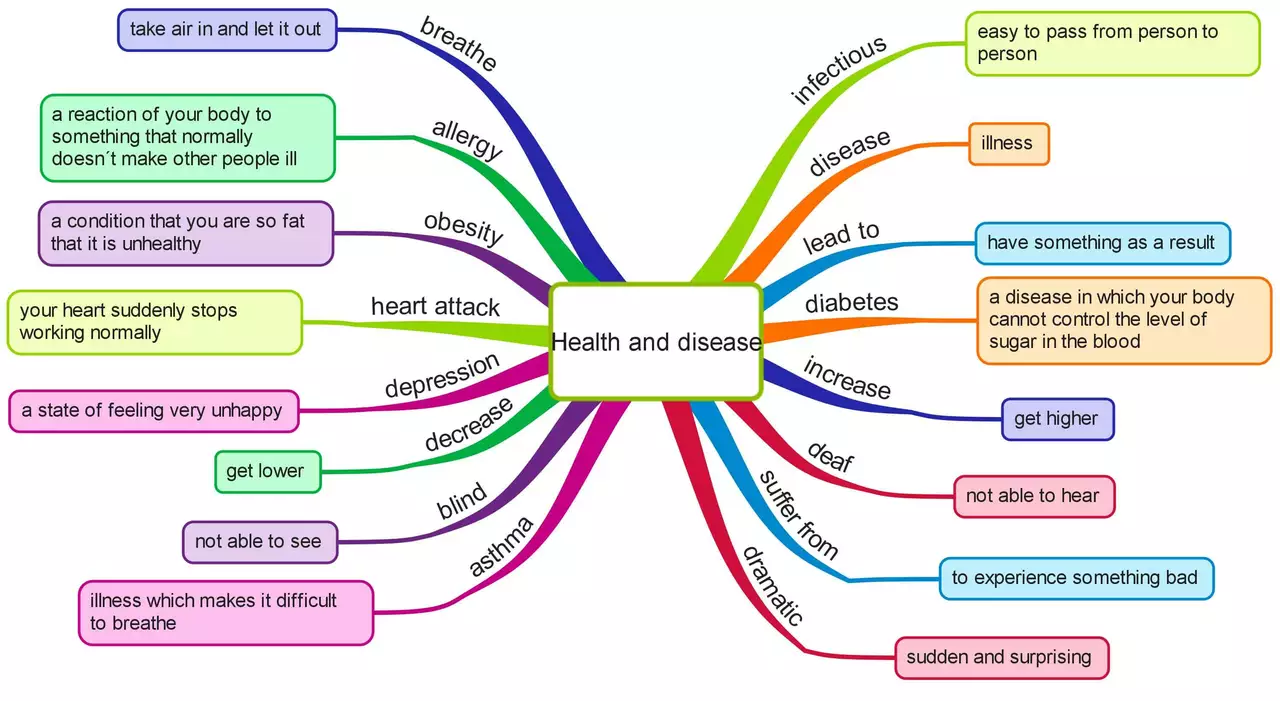Stress Relief Guide: Simple Ways to Calm Your Mind and Body
If your heart races after a deadline or you find yourself snapping at loved ones, chances are stress is showing up. It’s not just an annoying feeling – chronic stress can mess with sleep, digestion, mood, and even the immune system. The good news? You don’t need a PhD to start easing it.
What Triggers Everyday Stress?
Most of us juggle work emails, family duties, bills, and social expectations. When any of those piles get too tall, cortisol – the body’s stress hormone – spikes. Common triggers include tight deadlines, noisy environments, lack of sleep, caffeine overuse, and even scrolling through news feeds that feel endless. Notice how you react: clenched jaw, shallow breathing, or a sudden headache? Those are red flags your body is screaming for a break.
Practical Ways to Reduce Stress Right Now
Move Your Body. A quick 10‑minute walk around the block can drop cortisol levels faster than you think. You don’t need a marathon; just get your blood moving and let the fresh air reset your nervous system.
Breathe Deeply. Try the 4-7-8 technique: inhale for four seconds, hold for seven, exhale for eight. Do this three times and you’ll feel calmer in under a minute.
Sleep Smart. Aim for 7‑9 hours of consistent sleep. Darken your room, avoid screens an hour before bed, and keep a regular bedtime routine. Good sleep is the single biggest stress buffer.
Nutrition Matters. Skipping meals or loading up on sugary snacks can aggravate anxiety. Include magnesium‑rich foods like almonds, spinach, and black beans – they support nervous system balance. Some people find low‑dose melatonin or L‑theanine supplements helpful; always check with a pharmacist before adding anything new.
Talk It Out. Sharing what’s bothering you with a friend, family member, or therapist reduces the mental load. If stress feels overwhelming and interferes with daily life, a doctor might suggest prescription options such as SSRIs or short‑term anxiolytics. These are tools, not crutches, and work best alongside lifestyle changes.
Set Boundaries. Learn to say no when your plate is full. Turn off non‑essential notifications and create “digital detox” periods. Your brain needs downtime to process information.
Mindful Moments. Even five minutes of guided meditation can lower heart rate. Apps like Headspace or Insight Timer offer quick sessions that fit into a lunch break.
Remember, stress isn’t an enemy you have to eliminate completely – it’s a signal that something needs attention. By spotting the triggers and applying these practical steps, you give your body the chance to recover and stay resilient.
If you’ve tried basic tactics and still feel stuck, consider checking out our articles on supplements like magnesium glycinate or prescription options for severe anxiety. Knowledge is power, and a little guidance can turn stress from a constant weight into an occasional nudge.
In today's blog post, we'll be exploring the connection between tympanites (abdominal bloating) and stress, and how our mental state can have a direct impact on our gut health. It's no secret that stress can wreak havoc on our bodies, but many people don't realize that it can also affect our digestive system. When we're stressed, our bodies produce stress hormones that can lead to imbalances in our gut, ultimately causing bloating and discomfort. One way to combat this issue is by practicing stress-reduction techniques such as meditation, exercise, and deep-breathing exercises. Remember, taking care of our mental health is just as important as taking care of our physical health, and a happy mind can lead to a happy gut!


 Medications
Medications